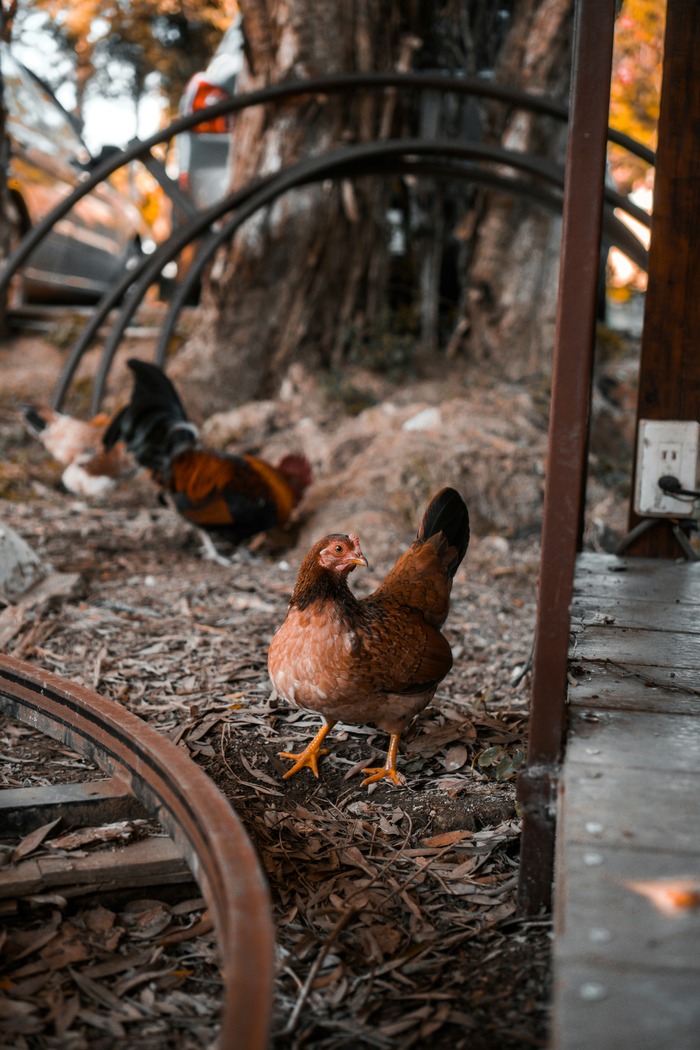Did you know? You can us mulch for chicken bedding

Optimal Insulation:
Mulch serves as a natural insulator, helping regulate temperature within the coop. This is especially crucial during fluctuating weather conditions, providing chickens with a comfortable and stable environment. The insulation properties of mulch ensure that the enclosure stays more relaxed in the summer heat and warmer during chilly winters, contributing to the overall well-being of your flock.
Moisture Regulation:
One of the significant advantages of using mulch in chicken bedding is its ability to regulate moisture. Mulch acts as a moisture-absorbing layer, assisting in controlling humidity levels within the coop. This feature is particularly beneficial in preventing dampness buildup, which can lead to various health issues for chickens, such as respiratory problems and bacterial infections.
Natural Pest Control:
Mulch has inherent pest-repelling properties that can help keep unwanted insects at bay. The aromatic compounds in certain types of mulch act as a natural deterrent, reducing the likelihood of infestations in the coop. This creates a healthier environment for the chickens and minimizes the need for chemical interventions.
Comfort and Entertainment:
Chickens enjoy scratching and foraging, and mulch provides an engaging substrate for these natural behaviors. The varied texture of mulch encourages chickens to explore, scratch, and dust bathe, promoting physical activity and mental stimulation. This not only enhances their overall well-being but also reduces boredom-related issues.
Sustainable and Eco-Friendly:
Using mulch as chicken bedding aligns with sustainable and eco-friendly practices. Many types of mulch are readily available, sourced from organic materials, and can be locally sourced, reducing the environmental footprint associated with bedding choices. This eco-conscious approach contributes to a more sustainable and responsible chicken-keeping routine. In conclusion, incorporating mulch as bedding in your chicken coop is a multifaceted solution, addressing insulation, moisture control, pest management, and the well-being of your feathered companions. By making this simple yet impactful change, you can create a more comfortable and sustainable environment for your chickens, ultimately fostering a healthier and happier flock.

